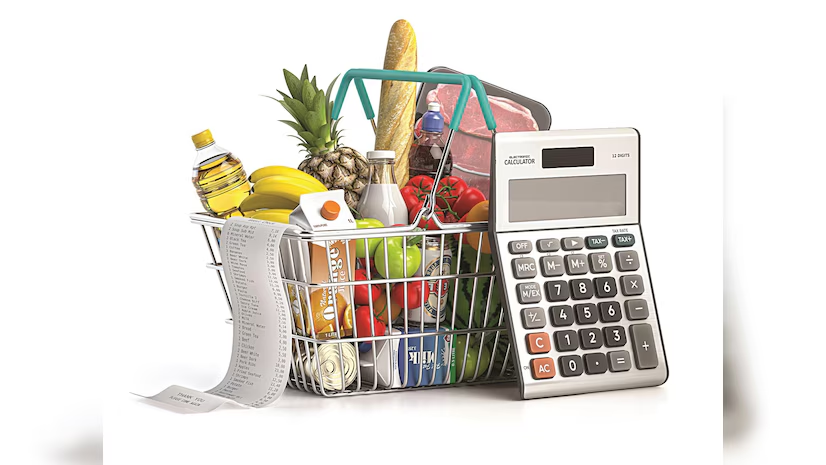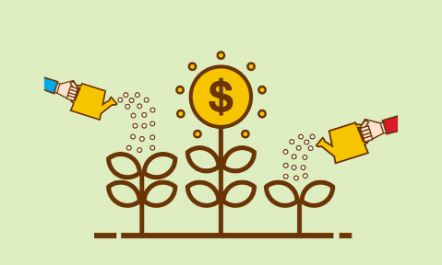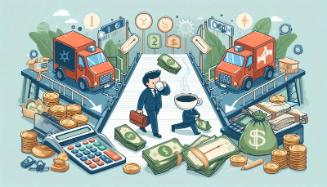How Inflation Will Impact the Economy in 2025 – Key Trends & Predictions
Inflation continues to shape economies worldwide. Learn how rising prices affect businesses, investments, and consumers in 2025 and what steps you can take to safeguard your financial future.
Rising inflation affects everyday life and global markets. Explore key economic trends, expert forecasts, and strategies to protect your finances in 2025.
Introduction – Inflation & Its Impact on the Economy
Inflation, the rate at which prices for goods and services increase, remains a major concern in 2025. While moderate inflation is normal, excessive inflation can erode purchasing power, impact businesses, and influence government policies. This article explores how inflation is affecting the global economy and what individuals and investors can do to navigate financial challenges.
Current Inflation Trends in 2025
Global economies have experienced fluctuating inflation rates due to multiple factors:
- Supply chain disruptions from geopolitical conflicts.
- Rising energy and food costs due to climate change and international trade tensions.
- Increased consumer demand after post-pandemic economic recovery.
- Monetary policies set by central banks, including interest rate hikes.
How Inflation Affects Everyday Consumers
Inflation directly impacts consumers in several ways:
- Higher grocery bills as food prices rise.
- Increased fuel and transportation costs making daily commuting more expensive.
- Rising housing prices and mortgage rates making homeownership less affordable.
- Reduced savings value as inflation erodes purchasing power.
How Businesses Are Coping with Inflation
Companies are adjusting to inflationary pressures through:
- Raising product prices to offset increased costs.
- Reducing workforce or automating tasks to control expenses.
- Negotiating supplier contracts to stabilize raw material costs.
- Investing in digital solutions to improve efficiency and reduce operating expenses.
Government & Central Bank Measures to Control Inflation
Governments and central banks take various steps to control inflation:
- Adjusting interest rates: The Federal Reserve and other central banks increase rates to slow down spending.
- Reducing money supply: By limiting how much money is in circulation, inflationary pressures can ease.
- Implementing tax cuts or rebates: To support struggling households.
- Encouraging domestic production: To reduce reliance on imports and stabilize prices.
How Inflation Affects Investments
Inflation influences various investment markets:
- Stock market volatility: Inflation-driven interest rate hikes can impact stock prices.
- Bond market declines: Higher inflation reduces bond yields.
- Real estate boom or bust: Rising mortgage rates may slow home sales.
- Gold & commodities surge: Many investors turn to gold, silver, and oil as inflation hedges.
Strategies to Protect Your Finances from Inflation
Consumers and investors can take proactive steps to mitigate inflation risks:
- Invest in inflation-resistant assets: Consider real estate, commodities, and Treasury Inflation-Protected Securities (TIPS).
- Increase income streams: Consider side hustles or passive income sources to offset higher living costs.
- Review spending habits: Cut non-essential expenses and focus on saving.
- Diversify investments: Spread risk across stocks, bonds, and alternative assets.
Economic Outlook for the Rest of 2025
Experts predict that inflation may start to stabilize as supply chain issues resolve and interest rate adjustments take effect. However, geopolitical risks, climate-related disruptions, and shifts in consumer behavior will continue to shape economic trends.
Adapting to Inflation & Economic Shifts
While inflation poses challenges, understanding its impact and taking smart financial steps can help individuals and businesses navigate uncertain times. By staying informed, making strategic investments, and adjusting spending habits, you can maintain financial stability in 2025








